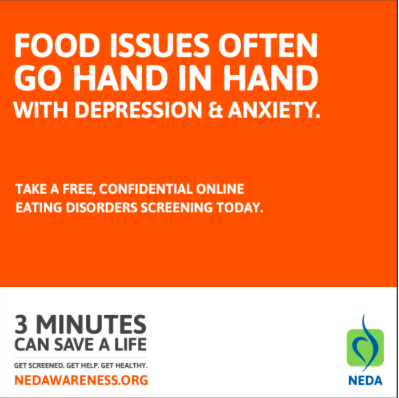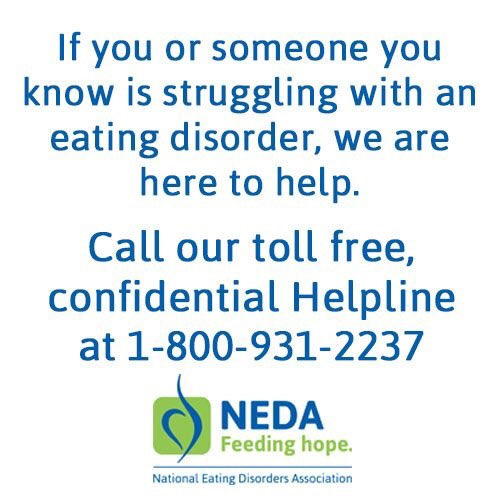As summer break begins, body image becomes a huge concern for students, and wearing a bathing suit for the first time in months can be nerve wrecking. I know I dread pulling out the bikinis every year. Some students diet to loose weight for the summer, while others are constantly at the gym. If you feel these are necessary steps to take that’s totally fine, just as long as it is done in a healthy and safe manner.
However, sometimes it isn’t done in a healthy way. Sometimes people restrict their food intake to loose weight. Others binge and purge. All of these are different symptoms of eating disorders are something people struggle with on a daily basis. If you, or someone you know suffers from an eating disorder it is extremely important to speak up and take action. This is because eating disorders have a 10% mortality rate and are the leading cause of death for mental health disorders. Luckily, UMass Amherst has many resources available to students to take advantage of when it comes to eating disorders.

Photo courtesy of umass.edu
One of the best resources on campus is the Center for Counseling and Psychology Services. CCPH can help evaluate your psychological needs and then point you in the right direction in regards to treatment for your body. The counselors working there are extremely helpful, and have prior experience working with patients in similar situations such as yours. One of the hardest things about a mental health disorder is acknowledging to yourself that you need treatment, and asking for help. Making that phone call will be difficult, but will absolutely be worth it.

Photo courtesy of umass.edu
If you decide to contact CCPH initially, they will refer you to University Health Services. You can also contact UHS first if you so choose to. They will require you to have blood work done prior to your hour and fifteen minute meeting with a nutritionist and physician. Your dietary habits will be discussed and a medical evaluation will be performed. From there a treatment plan will be created for you. If you haven’t already done so, they will advice you to see a counselor at CCPH as an additional resource in your treatment plan.

Photo courtesy of the National Eating Disorder Association
Maybe you don’t feel comfortable receiving treatment on campus, and want a support system that is completely unrelated to UMass. Fortunately, the Walden Clinic is half a mile for campus and provides services to anyone in the area. The clinic offers partial hospitalization along with intensive outpatient care. Support is provided to anyone of any age or gender. The Walden Clinic is an especially great resource if you fall in between needing a higher level of care, but outpatient support isn’t quite enough.

Photo courtesy of the National Eating Disorders Association
Going to see an off campus therapist in the area is also an option for students. Knowing that there are off campus therapists available is extremely helpful, because CCPH can be very busy at times, and consistent services may not be able to be provided. Especially if weekly therapy can be the most beneficial to you, I’d highly consider contacting one of the many counselors off campus.

Photo courtesy of the National Eating Disorders Association
Additionally, the National Eating Disorder Association has a extensive amount of information on treatment, support, screenings, etc. NEDA also has a confidential helpline that anyone is welcome to call.
Finally, a quick reminder that you are not alone in your struggles. There are so many people who understand what you are going through, or may even have had a similar experience to yours. There is nothing wrong with asking for help, in fact I highly encourage it.

